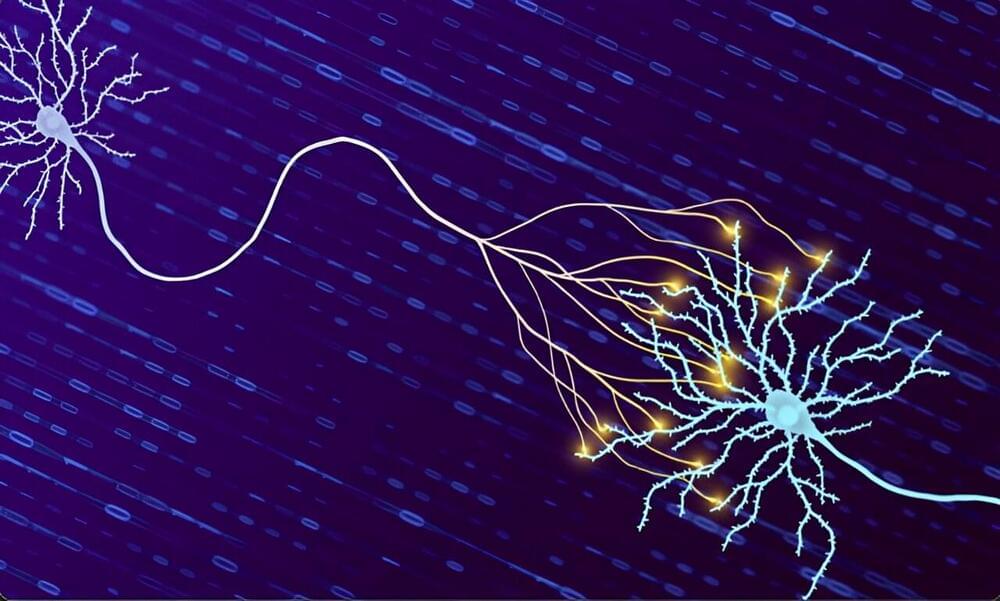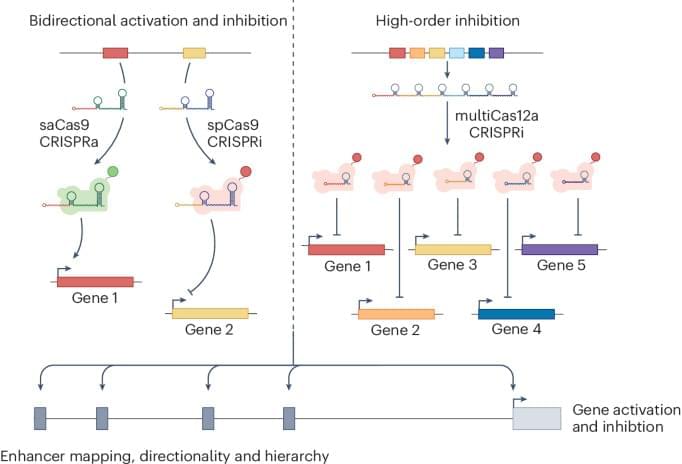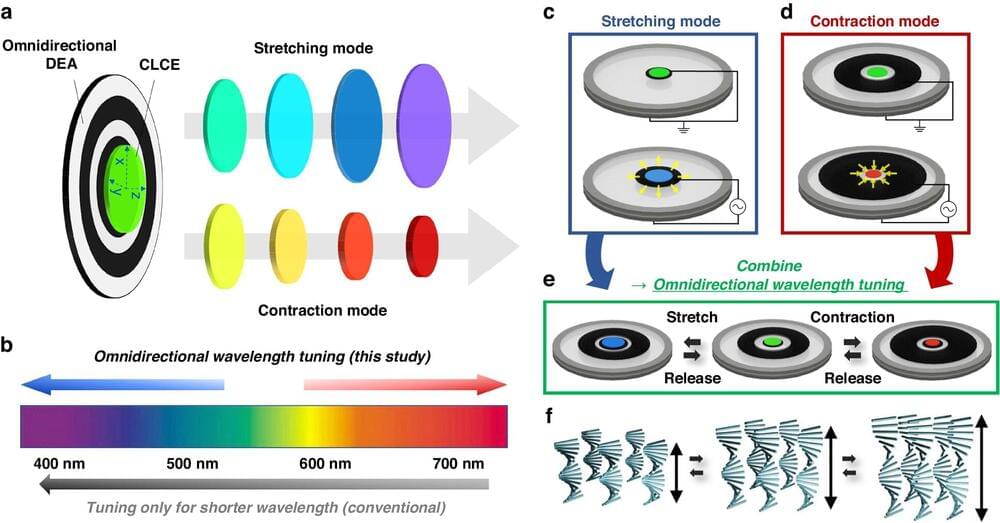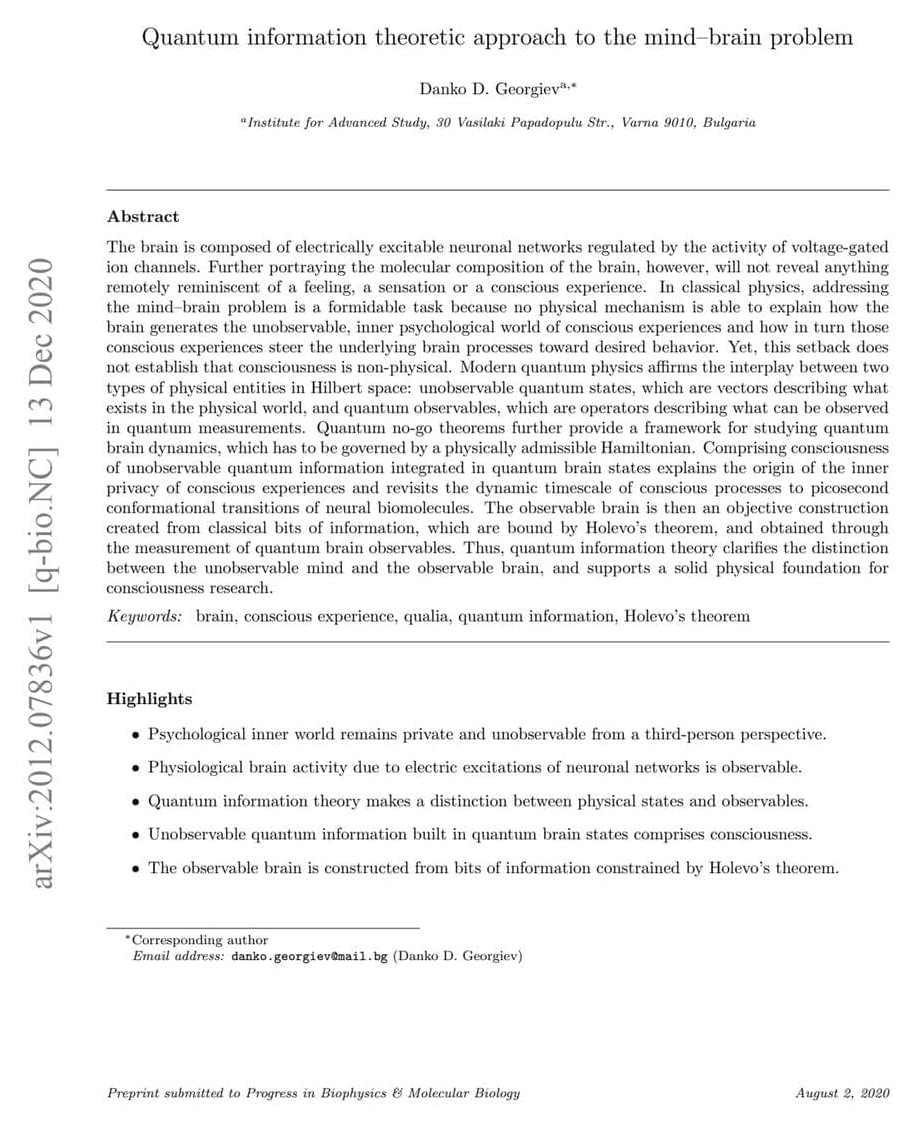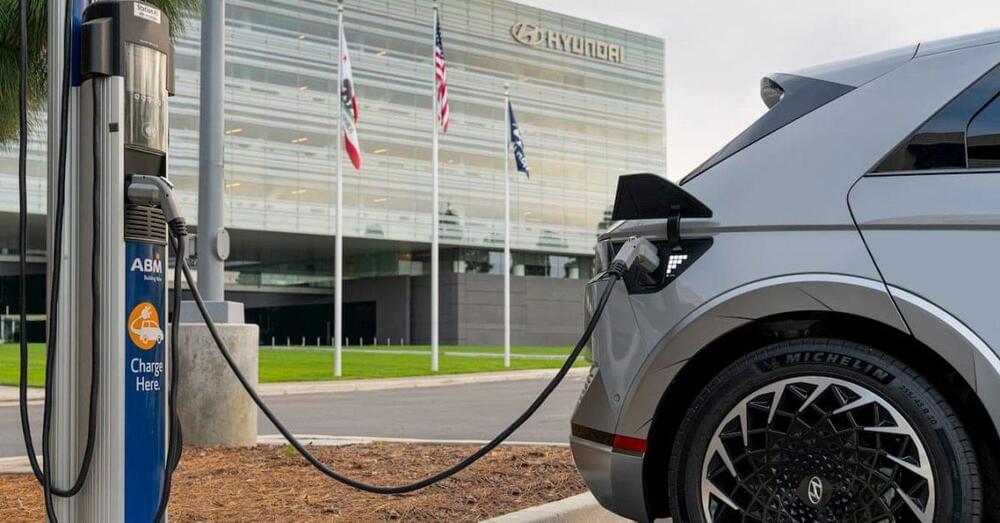Although this is still an emerging area of research, a new study has announced a leap. Researchers from the Center for Neuromorphic Engineering at the Korea Institute of Science and Technology (KIST) have implemented an integrated hardware system consisting of artificial neurons and synaptic devices using hexagonal boron nitride (hBN) material.
They aimed to construct building blocks of neuron-synapse-neuron structures that can be stacked to develop large-scale artificial neural networks.
“Artificial neural network hardware systems can be used to efficiently process vast amounts of data generated in real-life applications such as smart cities, healthcare, next-generation communications, weather forecasting, and autonomous vehicles,” said KIST’s Dr. Joon Young Kwak, one of the study’s authors, in a press release.



